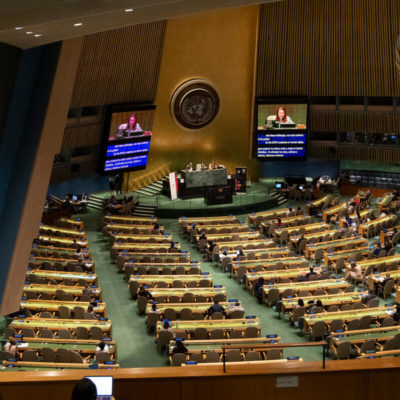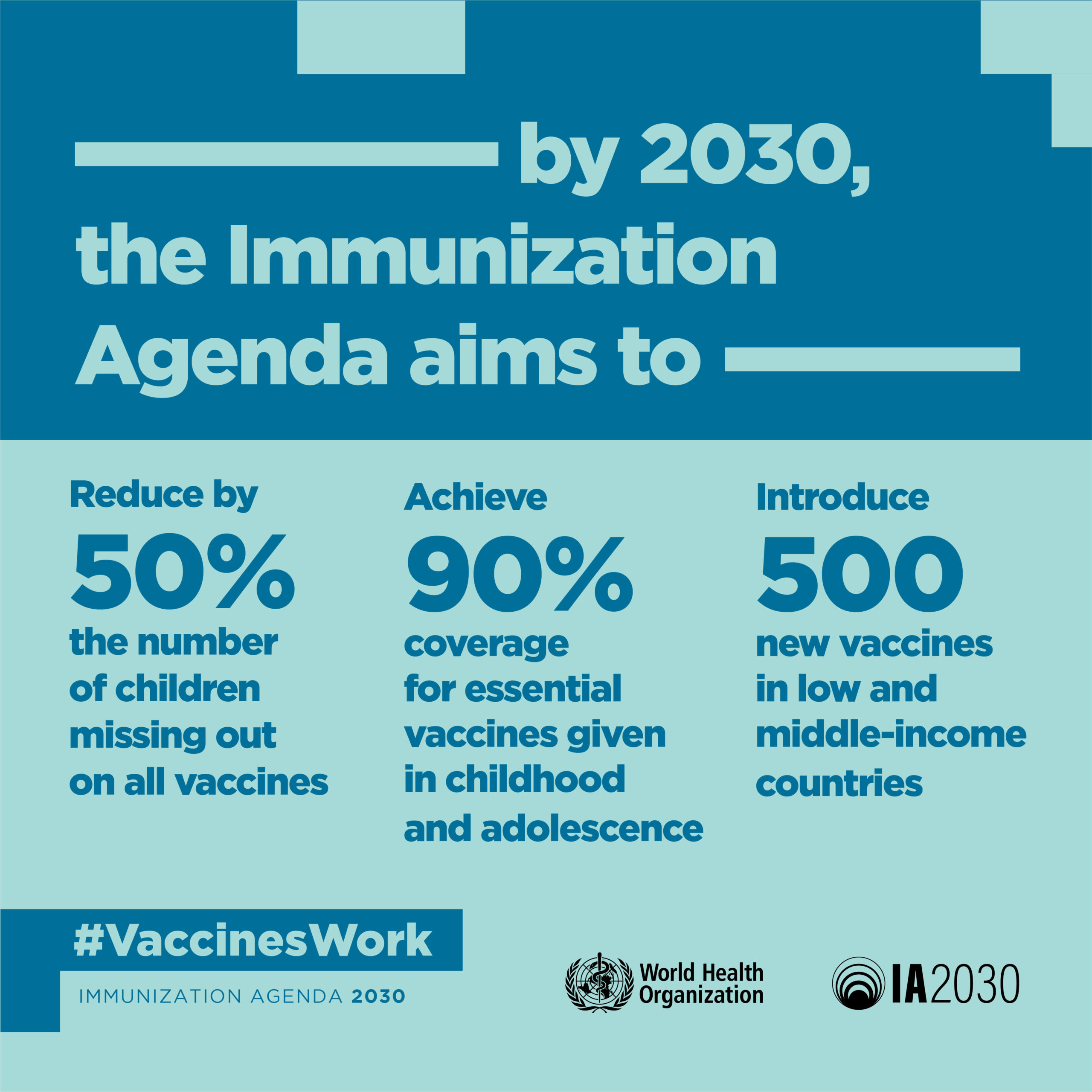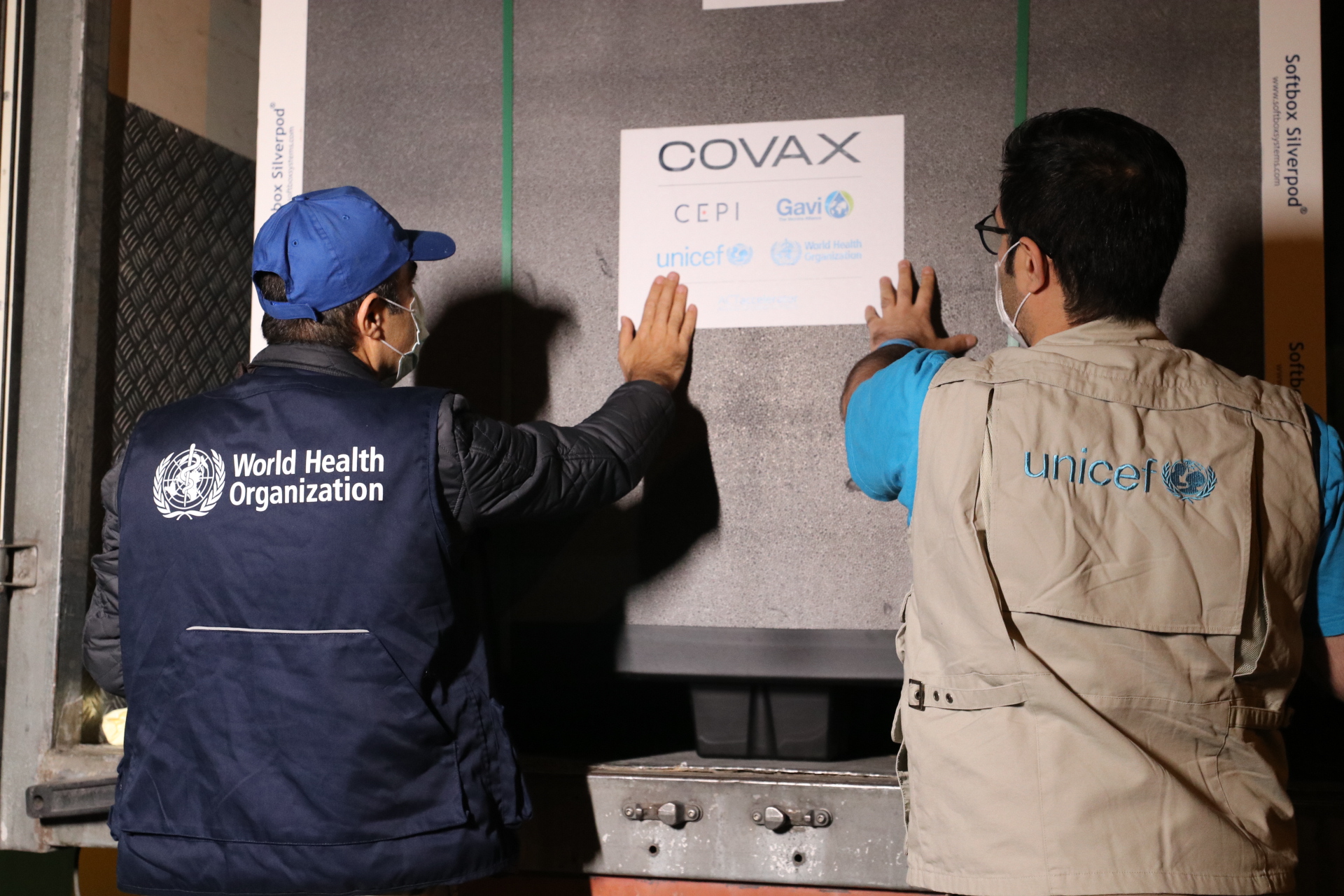World Health Assembly 2021: A New Era of Immunization and Global Health Protection
The 74th World Health Assembly os set to discuss the new Immunization Agenda 2030 in depth while addressing a range of other health topics affecting the world.

The 74th World Health Assembly (WHA) will be the largest one yet, covering health topics ranging from immunization and the healthcare workforce to sustainable financing. Beginning on Monday, May 24, the 8-day virtual meeting will discuss global health security a year into the COVID-19 pandemic, the World Health Organization (WHO)’s role in the health space, and its response to the pandemic.
The WHA is WHO’s highest decision-making body, and all countries that are member states in WHO will be in attendance. The following include topics that will be discussed in depth at WHA, which can be livestreamed here.
Immunization Agenda 2030
Vaccines already prevent more than 4 million deaths every year – but they have the potential for an even greater impact. COVID-19 has especially shown us the power of vaccines to fight diseases, save lives, end a pandemic, and create a healthier future—and just how important equitable access to these lifesaving tools is.
The Immunization Agenda 2030 (IA2030) offers a global roadmap to increase access to vaccines in the next 10 years. This will help recover disruptions to immunization campaigns during the pandemic and ensure that all children receive the lifesaving vaccines they need going forward.

IA2030 was endorsed at the 2020 WHA and launched to the press during World Immunization Week 2021 in April. It will use community-based and integrated programs to tackle all vaccine-preventable diseases in a highly efficient and cost-effective manner.
IA2030 plans to implement the following to save an estimated 50 million lives:
- Achieve 90% coverage for essential childhood vaccines.
- Halve the number of children completely missing out on vaccines, known as zero-dose children.
- Achieve 500 introductions of new or under-utilized vaccines in low-and middle-income countries- such as those for COVID-19, rotavirus, or human papillomavirus (HPV).
During this year’s WHA, countries will formally adopt the roadmap to how IA2030 will be implemented and evaluated so that programs can begin in countries to get immunization programs back on track.
Strengthening Global Emergency Preparedness and Response
This year’s meeting will revisit WHO’s ongoing response to COVID-19, which was a key topic in 2020.
After last year’s WHA, WHO created the Independent Panel for Pandemic Preparedness and Response to learn lessons from past pandemics and help global institutions respond to health threats going forward. The Independent Panel’s recommendations will be presented at the WHA this year, as well as the findings from two other recent assessments of the pandemic response.
Learn more about the recent reviews of the global pandemic response on the UN Foundation blog.

Sustainable Financing
There is no question that WHO’s financing structure needs to be strengthened. Since the 1990s, WHO’s budget has grown from $1.5 billion to $6 billion. While member states’ dues remain at about $1 billion, more than 80 percent of WHO’s budget is funded by voluntary contributions. The majority of this voluntary financing comes from only five to six large donors, and they are mostly used for special projects. WHA will discuss ways to tackle this problem and diversify to include more reliable and sustainable funding, not just for emergencies and pandemics, but for strengthening health systems, surveillance, and other essential preparedness tools.
View more on WHO’s full World Health Assembly agenda
